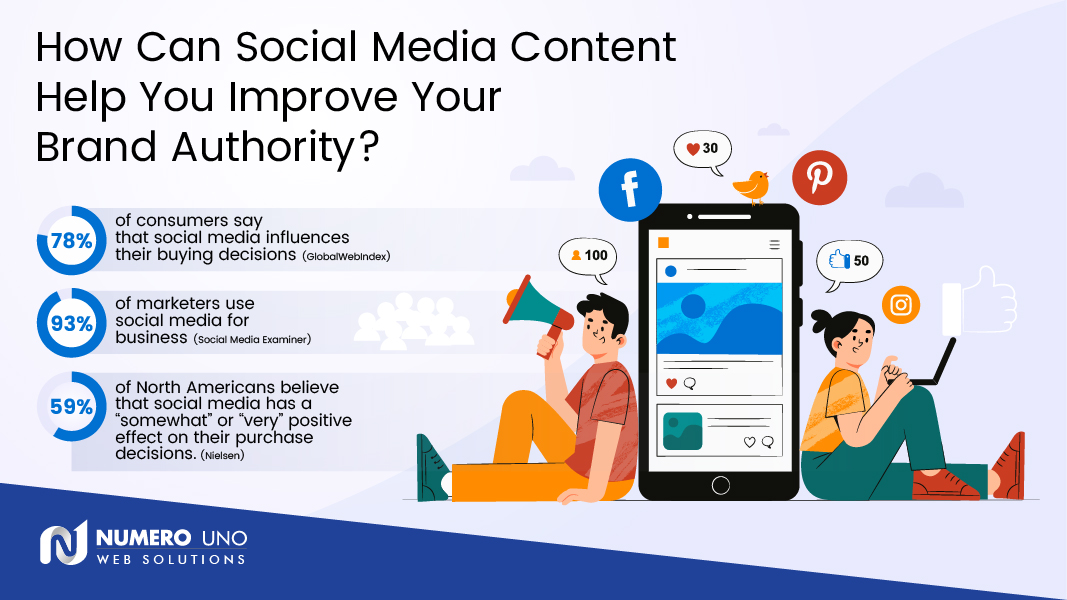
Whether you’re aware of it or not, at some point throughout your countless sessions of scrolling through your Facebook newsfeed, you’ve most likely encountered or been exposed to what most social media marketing experts refer to as engagement bait. These are posts that are created with the explicit intent of propelling social media optimization and to help online brands and pages expand their customer base.
Recently, Facebook decided that these types of social media marketing practices are unethical and in violation of their code of conduct because they lack authenticity and originality. These are two principles that the social media company actively strives to achieve, maintain, and perpetuate through the types of content that’s shared on its platform. Thanks to the complaints of numerous Facebook users, the company is finally taking steps to limit and regulate the amount of engagement bait marketing that appears on Facebook. As with any situation, there are a few exceptions to the rule.
What Is Engagement Bait and How Is It Implemented?
Engagement bait is exactly what it sounds like and anyone who uses any form of social media has been exposed to it at one point or another. It consists of those posts on Facebook that ask users to tag friends that they think may relate to certain types of content or statements of fact in an effort to gain more followers through a personal connection. An example of this is a picture of a chocolate dessert with the caption, “tag a friend who loves chocolate” or even something along the lines of “share this post if you love chocolate”. These types of posts are deemed as being wholly inauthentic according to the standards outlined by Facebook and many users are beginning to catch on to these cheap and inauthentic marketing ploys.
Many users are even skeptical of the underlying purpose of these posts with some of them convinced that their only purpose is for the original posters to collect personal data from their followers and use it in unsavoury ways.
Why Is Facebook Demoting Engagement Bait?
The reason that Facebook has decided to actively double-down on getting rid of posts that qualify as engagement bait is pretty simple. These posts don’t add any value to their users’ online experiences. Ironically, many users have expressed their grievances in the comments sections of these types of posts. It was only a matter of time before Facebook as a corporation would receive enough complaints to actually do something about it and they finally are.
Of course, these changes won’t be implemented overnight. In fact, it could be a while before engagement bait posts are completely eradicated from the social media platform. And they’re not just targeting brand pages or groups with significantly large followings. They’re also targeting individual Facebook users who create or share such posts with the sole intent of gaining more followers rather than posting valuable content.
The company is giving the offending pages and groups enough time and the opportunity to correct their corrupt Facebook marketing tactics and remove posts that are obviously engagement bait on their own accord before it takes action.
Types of Engagement Bait Posts
There are five types of engagement bait posts that are currently being utilized by various pages and individuals to attract a wider audience.
Reaction Baiting
Facebook first introduced the reactions feature in February of 2016 and ever since then, users have had the ability to express a variety of different emotions in reaction to certain posts including “like”, “wow”, “haha”, “love”, “sad” and, “angry”. It wasn’t long before online marketers and group operators began using these reactions to their advantage by creating posts that prompted followers to react in a certain way if they agreed or disagreed with a statement or sentiment expressed in the post. An example of this would be something like “love this post if you like classic rock, like if you’re a fan of modern music”. This may seem harmless or innocent enough, but it’s actually a divisive tactic that’s meant to generate discussion and commentary in the comments section and get more people to engage in content on the page.
Tag Baiting
Tag baiting is when a post specifically instructs you to tag a friend who might be interested in whatever the subject of the post is. For instance, if it’s a post about an activity or type of food, it might read something like, “tag a friend you’d do this with” or “tag a friend who loves lasagna”. While this may seem like a fun little online game, it’s actually just another online marketing tactic to help a page gain more followers through people they’re already friends with on Facebook.
Comment Baiting
Despite sharing some similar characteristics to tag baiting, comment baiting has a few distinctive signifiers of its own. Comment baiting can actually include tag baiting in the sense that a post might ask you to tag a friend in the comments section. However, comment baiting can also include posts that ask you to comment a specific word, phrase, emoji, or reaction in the comments section in order to enter to win a draw or other items.
Ultimately, the goal of comment baiting is so that people on your friends list will see in their newsfeeds that you commented on a specific post with the intent of attracting them to that page as a result of mutual interest.
Share Baiting
Unlike some of the other forms of engagement baiting, share baiting can actually have altruistic motives, depending on the types of posts that are being shared. Some posts are created with the intent of spreading awareness about a certain cause, charity, social issue, or political agenda and these are generally not viewed as being inauthentic or in violation of Facebook’s code of conduct.
On the other hand, there are also certain share baiting posts which are specifically created with the intent of generating more leads for brands or pages. Rest assured that Facebook is putting forth a great deal of effort in distinguishing between the two with its new algorithm that tests the authenticity of shared posts.
Vote Baiting
Last but not least, there’s vote baiting. This is a practice in which operators of certain pages ask their followers to vote on certain subjects by either commenting or expressing a reaction. Oftentimes, brands that are releasing a new line of products will use this tactic to conduct marketing research on which of their products or services is most popular within a certain region or demographic. This is a marketing ploy that undoubtedly falls under Facebook’s definition of inauthentic and unethical posts.
Numero Uno Web Solutions is a first-rate SMO company located in Toronto, Ontario. Through our extensive social media marketing services, we’ve been able to help numerous companies in the United States and Canada improve their online marketing techniques and achieve high returns on investment. Contact us today to learn more about how we can help you build, maintain, or improve your online presence and attract the right kind of clientele for your business.


